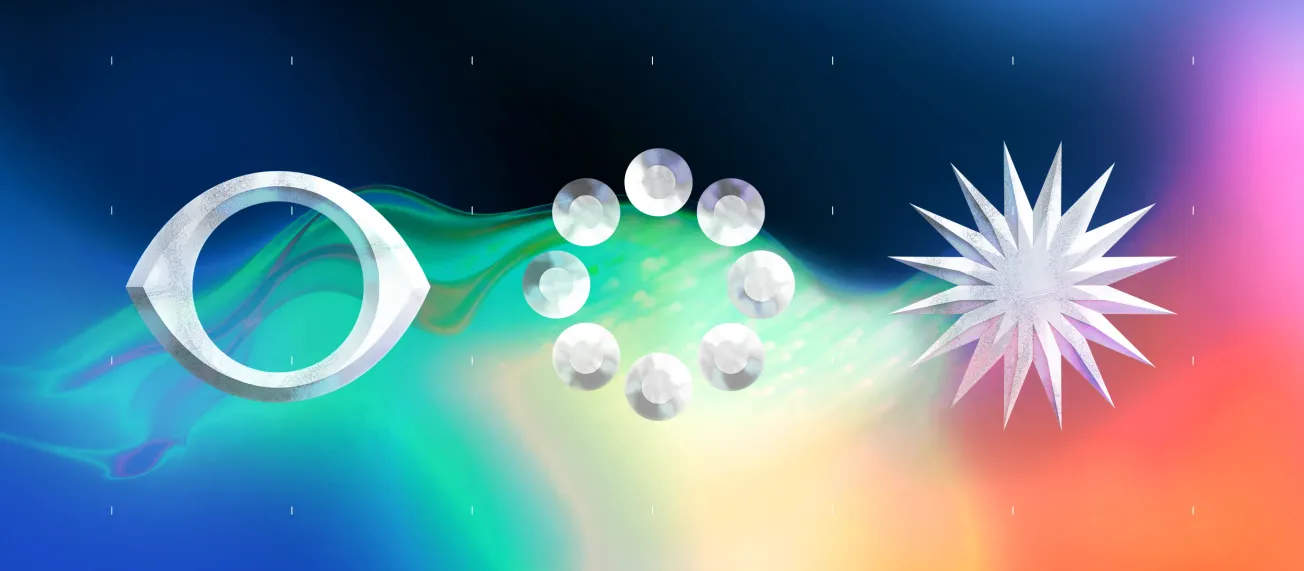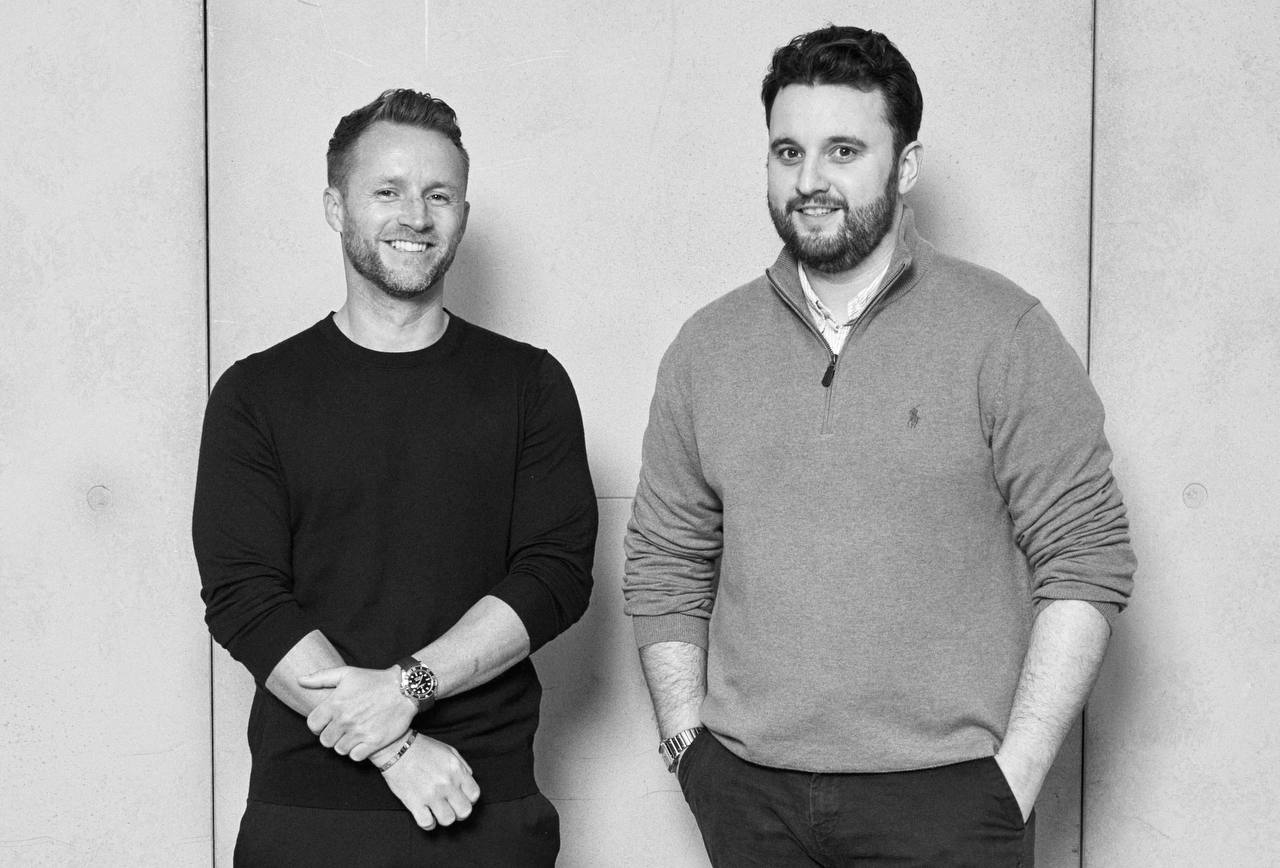The IBC’s return as a face-to-face show – its first since 2019 – considered a range of topics, perhaps none more interesting than the effect the metaverse might have on the broadcast industry.
The Royal Television Society’s annual event welcomed over 37,000 visitors during a three-day period that saw some 250 speakers pack out theatres and halls at the RAI Amsterdam Convention Centre in the city’s business district.
A range of presentations and panels considered the metaverse from different perspectives, with one demonstration looking at the way Unreal Engine, Unity and Roblox have become powerful real-time 3D creation tools, products that transform how creators package next-gen content.
Diving into the Metaverse
The session that looked particularly at the impact of metaverse technologies on broadcasting filled a morning slot on Saturday September 10 and was hosted by BBC Technology Correspondent Marc Cieslak. The wide-ranging discussion featured several movers and shakers from the broadcasting and metaverse space, among them Vicki Dobbs Beck at ILMxLAB launched by Lucasfilm, Senior VP of Innovation & Creative Solutions at Media.Monks Lewis Smithingham, and Jatin Aythora, Director of Research and Development at the BBC.
Cieslak got the ball rolling on the conversation by introducing the audience to a virtual clone of himself, one that explained how the metaverse could host events typically captured by human camera operators: pop concerts, fashion shows, sporting events and more. Virtually any event formerly staged for a paying audience could be ported into VR, with attendees tuning in via AR headsets.
While Vicki Dobbs Beck dubbed the metaverse the next generation of storytelling, Mundi Vondi, the CEO of gaming studio Klang Games, pointed out that there was a huge appetite among the public to populate shared spaces. Due to “the sheer amount of people connected in a single experience,” Vondi said, “[metaverse] technology is finally enabling us to connect thousands, if not millions of people, into a single universe that’s never been possible in the past.”
But how will the emergence of virtual worlds change the world of broadcasting in practical terms? It’s perhaps too early to say. To date, the metaverse has been largely dedicated to gaming with players claiming digital land parcels, exploring multiple terrains, renting, using and trading NFTs, and forming ‘guilds’, clans of like-minded players pursuing a common goal. Vicki Dobbs Beck, however, made the point that the metaverse represents a veritable storytelling canvas: “It’s like being at the beginning of television or the beginning of a film,” she observed.
One possible avenue of exploration that could elevate broadcasting is the promotion of user interactions in live broadcasting, making events – football matches, rock concerts etc – more immersive for spectators. Thus, you wouldn’t simply watch an event on your TV; you would be part of it, with 360-degree coverage. Of course, this will require substantial investment from broadcasting companies themselves. The tech isn’t quite there yet.
Earlier this year Steve Wind-Mozley, chief marketing officer at Vizrt Group, noted that certain tech vendors that historically worked within the broadcast space “are perhaps best positioned to help champion this democratization of the metaverse as they are experienced in harnessing the power of IP, computers, and networks to the creative plow of visual storytellers everywhere.” The next four or five years will surely see many bridges built between the metaverse and broadcasting worlds, as media firms secure the talents of VR builders and developers.
It remains to be seen how media firms will use the metaverse to better engage with their audience. But it’s great to see the topic come under discussion at the IBC. Perhaps when next year’s event rolls around (the 2023 event gets underway next September) we’ll have some tangible evidence of broadcasters wading into these new and fascinating technological waters.






